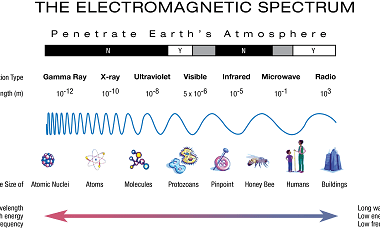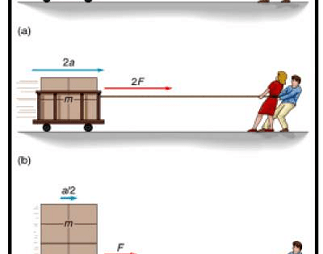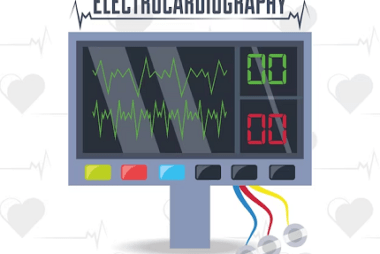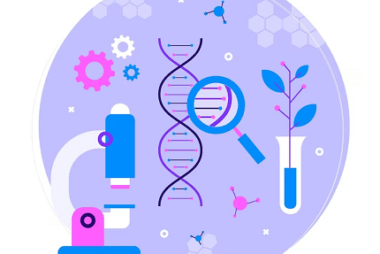Crash Course NEET BIOLOGY SYLLABUS Structural organization-Plants and animals
Structural organization-Plants and animals Structural organization in plants and animals refers to the arrangement of different parts and their organization at various levels, such as cellular, tissue, organ, and organ system levels. Let’s explore the key points for each level: Additionally, here are a few important topics related to structural organization in plants and animals…









